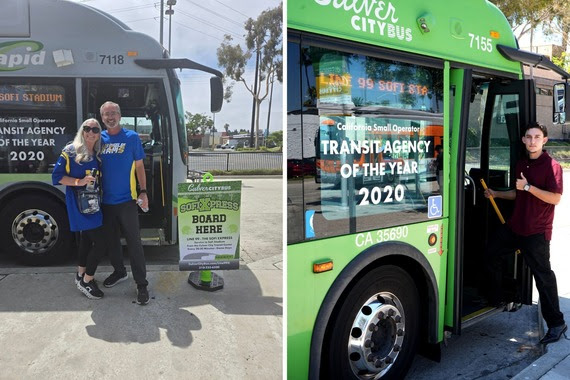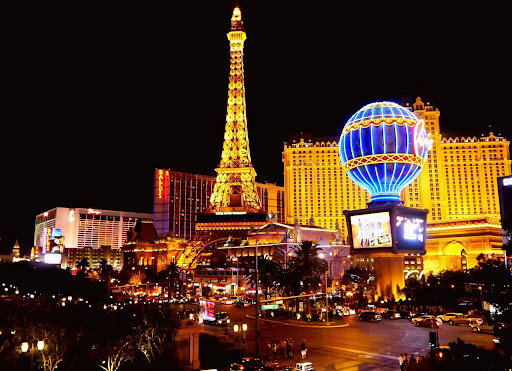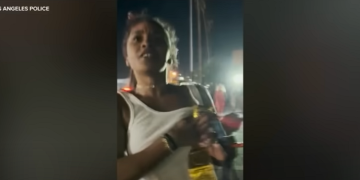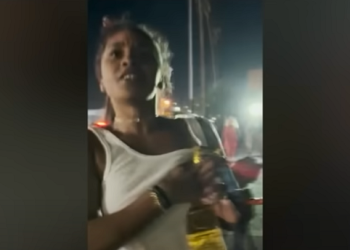
“Boyhood,” which stars newcomers Ellar Coltrane and Lorelei Linklater (the director’s actual daughter) with Ethan Hawke and Patricia Arquette playing their parents, is a moviegoing experience you won’t easily forget.
Coltrane plays Mason Jr. and Lorelei Linklater plays his older sister Samantha.
Set in Texas, over the course of 12 years, the movie charts Mason’s growth from first grade to his high-school graduation.
Mason is introverted and intellectual, while his sister Samantha is outgoing and social.
The story is primarily told through Mason’s point-of-view. The director really got lucky in finding Coltrane; he gives such a naturalistic performance, whether as a dreamy six-year-old or as a philosophical teenager, we easily forget he is acting.
Patricia Arquette as divorced mother Olivia gives a really strong, vulnerable performance, while Ethan Hawke as Mason Sr. also is quite good as the father who is still a kid at heart yet speaks honestly with them as he tries to lead them in the right direction.
Olivia’s choice in husbands is certainly problematic.
Her first remarriage is to her college professor (after she has gone back to school). He is very controlling, demanding, and eventually becomes physically abusive. Things get so bad that she and her children have to move out.
Her next marriage is to a former military man whom she meets at a get together that she hosts at her house. He too has undesirable traits that resemble her second husband, only not as bad.
The constant fighting, along with having to change schools, has a negative effect on the kids, who desire stability. Olivia tries her best to provide for her children (after getting her Master’s Degree, she becomes a college professor), but she is struggling and confused, especially with her choice of men in her quest to provide her idea of a nuclear family.
What is unique about the picture is it was filmed over a 12-year span with the same cast, so that we see Mason Jr. (at first, a vulnerable, powerless six-year-old) and his family age before our eyes.
With not much plot to speak of, the movie has almost a documentary feel to it that makes what happens very believable. What is emphasized is that it is not always the big moments that have the most meaning, but rather the small, intimate ones.
Technology and various things that occur (such as putting pro Obama signs on people’s lawns, bulky iMacs, or songs playing from the past) mark the change of time and is done subtly – not drawing attention to itself. Near the end of the movie, as one of the characters is driving, a song called Hero is playing, and it is a very moving sequence in the film.
Although the movie is more than two-and-a-half hours long, it flies by because you come to really care about the characters and their experiences. Not only is this easily the best movie I have seen this year, but I would consider it to be one of my all-time favorites.





















